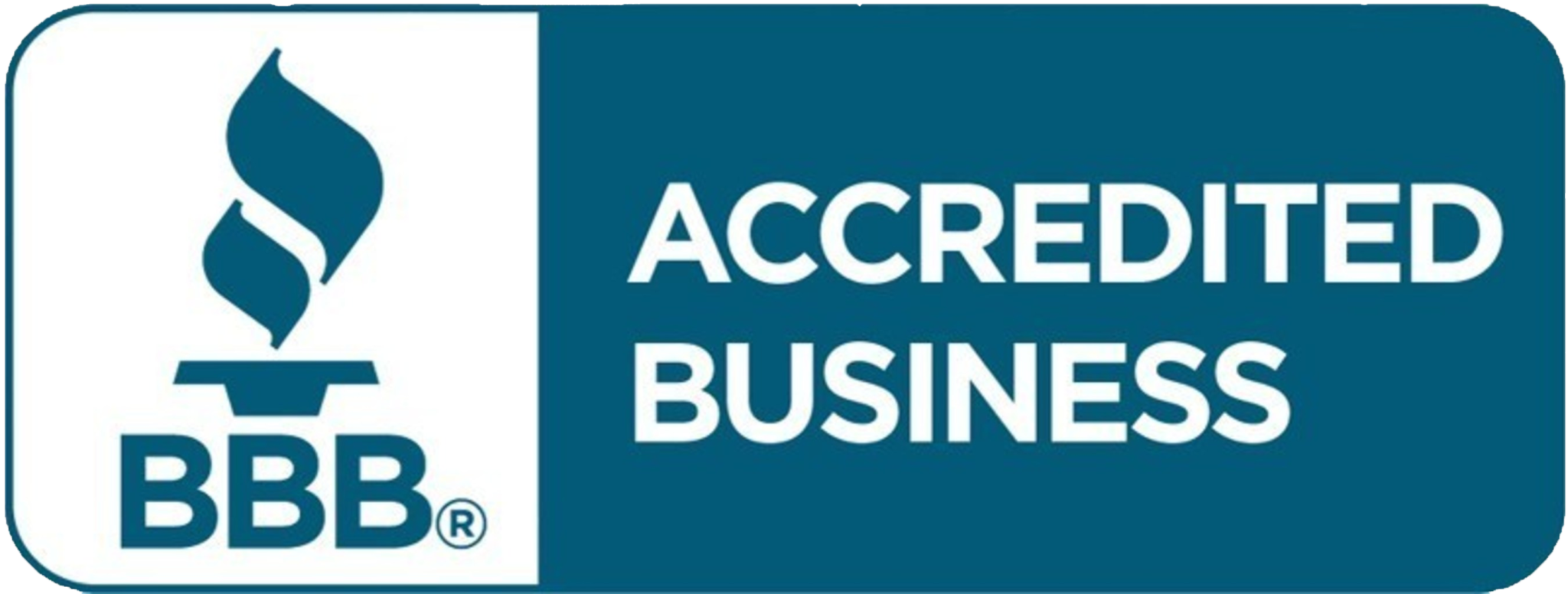Prescription drug misuse among seniors is, unfortunately, a common concern, posing serious threats to their well-being. This refers to instances where individuals take more medication than prescribed by their doctors or consume it when not medically necessary.
The consequences of such misuse can be detrimental to senior health, making it crucial to develop effective early intervention methods.
In this guide, we’ll explore the signs of prescription drug misuse and provide valuable insights into prevention strategies for senior drug safety.
Recognizing Signs of Prescription Drug Misuse
- Confusion:Seniors may exhibit confusion or cognitive impairment as a result of prescription drug misuse. Pay attention to any unexplained changes in mental clarity.
- Drowsiness: Excessive sleepiness or drowsiness can be indicative of the misuse of certain medications. This can impair their ability to carry out daily activities safely.
- Constipation:Some medications may cause constipation, but an increase in severity could signal misuse. Monitor changes in bowel habits and consult a healthcare professional if concerns arise.
- Nausea:Persistent or severe nausea may indicate a problem with medication. Seniors should report any unusual side effects to their healthcare provider promptly.
- Poor Coordination:Prescription drug misuse can affect motor skills and coordination. If you notice unexplained clumsiness or difficulty in movement, it’s essential to address the issue.
- Increased Dose Required for Pain Relief:Seniors might feel the need to increase their medication dosage for pain relief. This can lead to dependency and other health complications.
- Increased Pain Sensitivity:Paradoxically, seniors misusing pain medications may experience heightened sensitivity to pain. This can be an alarming sign that warrants immediate attention.
Preventing Prescription Drug Misuse in Senior Care
Administer the Correct Amount
Whether you’re a caregiver or a family member assisting with medication management, always ensure that seniors receive the prescribed dosage. Follow the healthcare provider’s instructions diligently.
Communication with Healthcare Providers
Regularly engage with healthcare providers to discuss the senior’s medication regimen. Inform them of any concerns or observations, and seek guidance on optimizing the prescription plan.
Educate Seniors
Talk openly with senior loved ones about the risks of overdosing and the importance of following prescribed medication instructions. Emphasize the potential consequences of deviating from the recommended dosage.
Regular Medication Reviews
Schedule regular medication reviews with healthcare professionals to assess the ongoing necessity and efficacy of prescribed drugs. Adjustments can be made based on the senior’s health status.
Secure Medications

Keep medications in a secure and easily monitored location to prevent accidental or intentional misuse. Implementing a pill organizer can also aid in medication management.
Prescription drug misuse is a serious concern in senior care, but with proactive measures and open communication, it can be mitigated. By staying vigilant for signs of misuse and actively participating in the senior’s healthcare journey, we can ensure their safety and well-being.
Looking for professional in-home caregivers for comprehensive care for your elderly loved ones?
Get in touch with our experts at King’s Grace Homecare.
Our team of experienced and qualified caregivers create tailored treatment plans and ensure their patients are getting the best care possible. From 24-hour nursing care to care for TBI patients, we can handle it all.
Reach out to us today to learn more about our caregiver agency.


